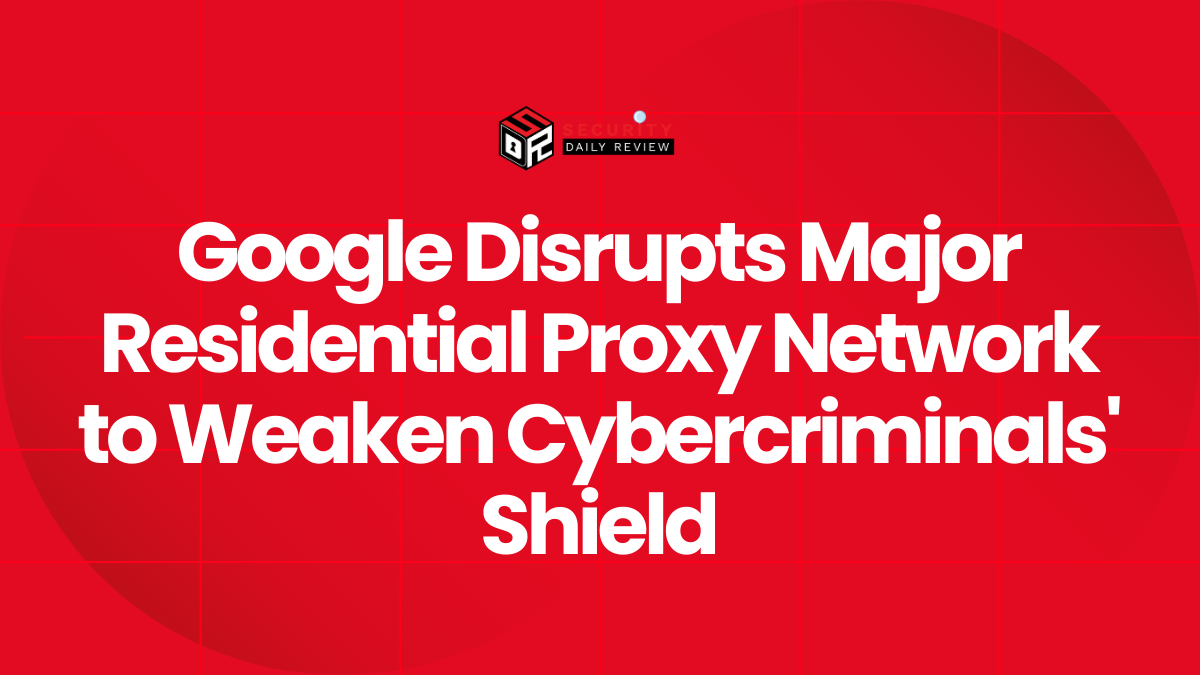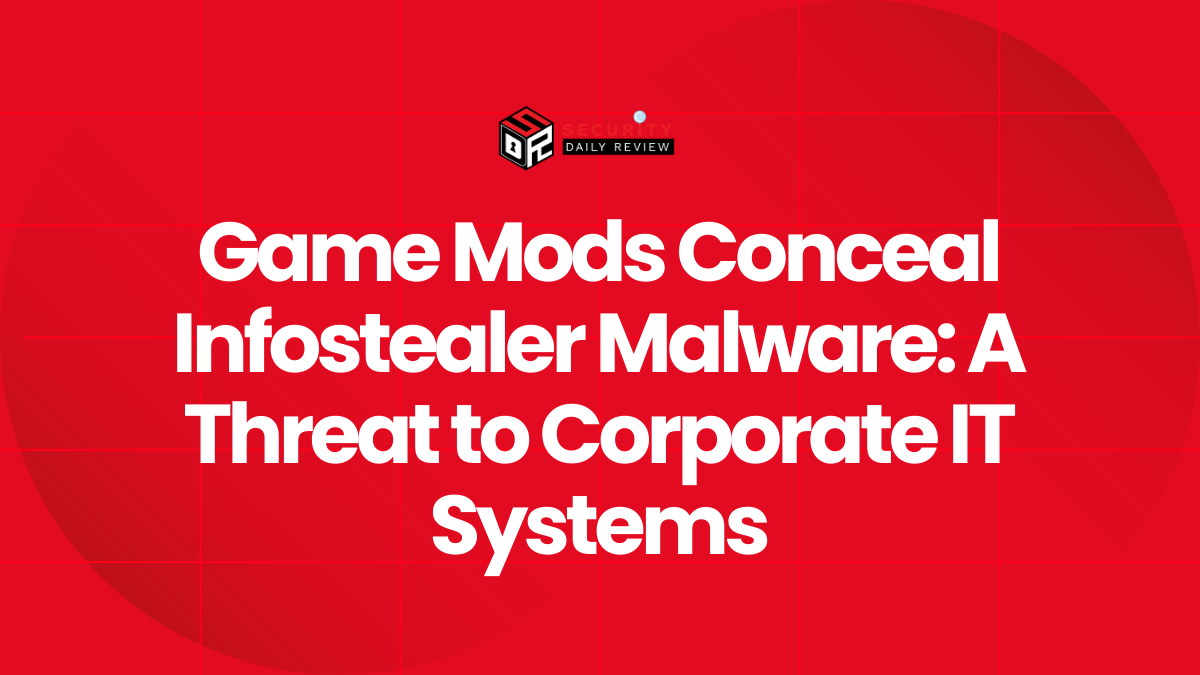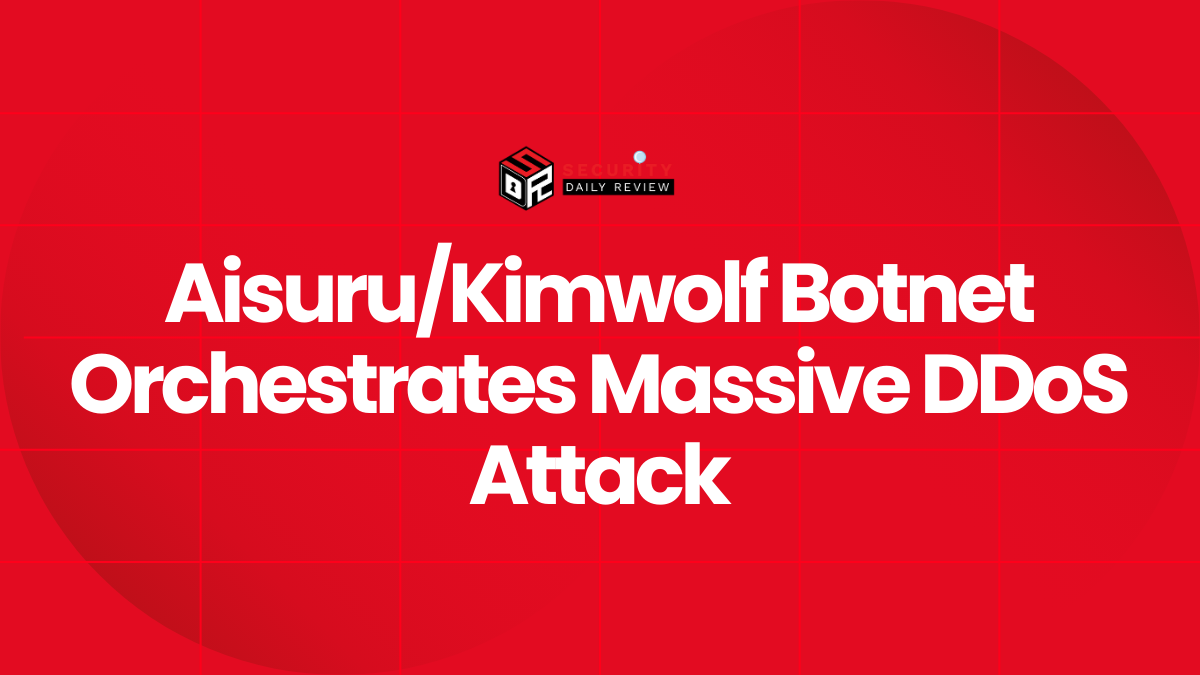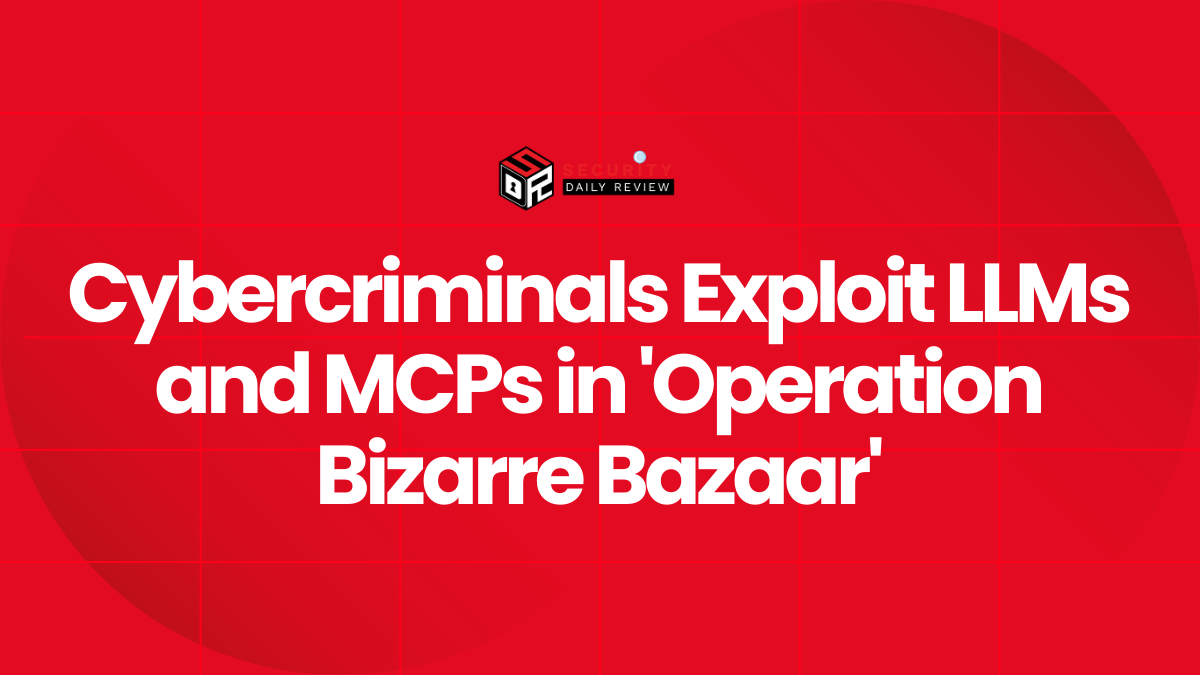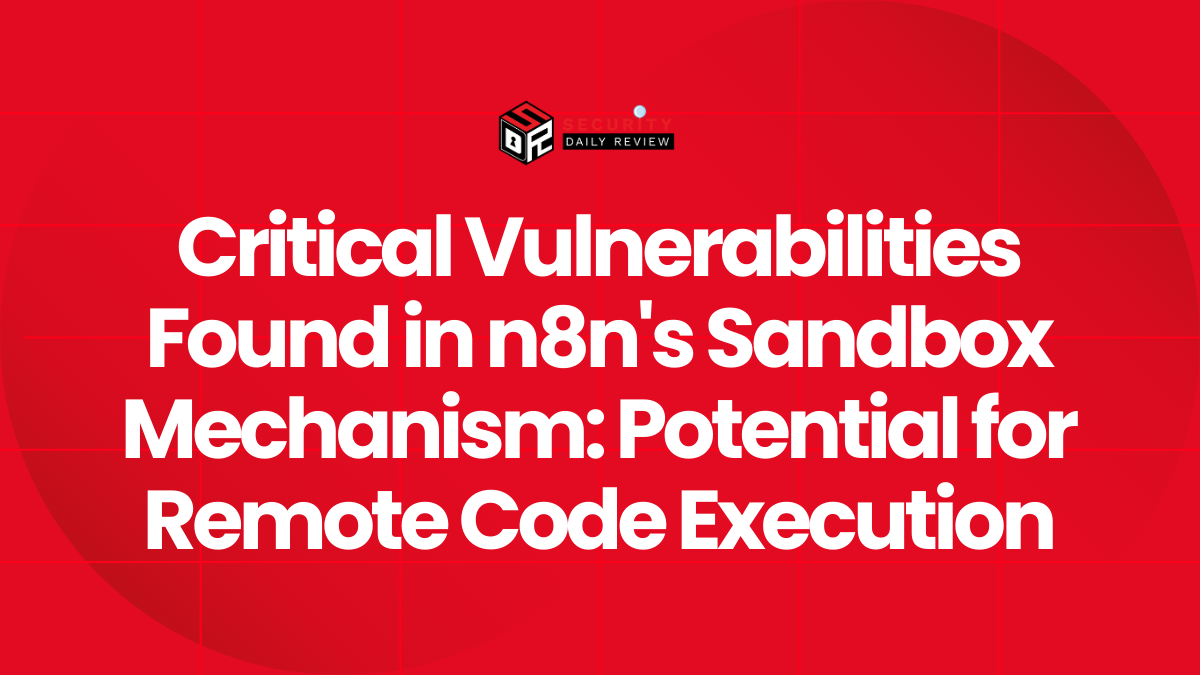In a cybersecurity landscape increasingly shaped by artificial intelligence (AI), identity security is emerging as the new frontline. Palo Alto Networks has underscored this shift with its boldest move yet: a $25 billion acquisition of CyberArk, a leading Israeli firm specializing in privileged access and identity management. The cash-and-stock transaction—one of the largest in cybersecurity history—signals not just a business expansion but a strategic pivot to secure both human and machine identities in a rapidly evolving digital environment.
Palo Alto Networks Makes Identity Security Its New Core Pillar
By acquiring CyberArk, Palo Alto Networks is formally entering the identity security space and elevating it to a core component of its multi-platform approach. Palo Alto will pay $45 in cash and 2.2005 shares of its stock for each CyberArk share, representing a 26% premium. The deal has been approved by both companies’ boards and is slated for completion in the second half of Palo Alto’s fiscal 2026, pending shareholder approval.
Nikesh Arora, Chairman and CEO of Palo Alto Networks, emphasized the strategic rationale: “The rise of AI and explosion of machine identities have made it clear that the future of security must be built on the vision that every identity requires the right level of privilege controls.” He dismissed traditional identity and access management (IAM) solutions as “the IAM fallacy” and praised CyberArk for its foundational technology.
CyberArk brings a client base of more than 10,000 global organizations and a strong reputation in Privileged Access Management (PAM) and identity security. Its recent financials reinforce its leadership position, reporting 46% revenue growth and adjusted profits of $0.88 per share—exceeding analyst expectations.
AI and Machine Identity Are Changing the Cybersecurity Equation
This acquisition comes at a critical juncture in cybersecurity, as the threat landscape shifts dramatically due to AI-powered tools and programs. Traditional perimeter defenses like firewalls are no longer sufficient. Phishing, credential theft, and the misuse of compromised AI agents have forced enterprises to rethink what security looks like in a cloud-centric world.
CyberArk’s capabilities in identity protection, especially for machine identities and AI-based agents, position Palo Alto to deliver a more comprehensive offering. The integration aims to:
- Extend privilege management to all identity types: human users, service accounts, applications, and AI agents.
- Address the surge in automated attacks that exploit poorly managed machine credentials.
- Strengthen Zero Trust frameworks by integrating seamless identity verification with behavior analytics and privilege controls.
This move builds on Palo Alto’s earlier strategic acquisitions such as IBM’s QRadar SaaS and Protect AI, reflecting the company’s evolving strategy to meet next-generation threats head-on.
Industry Consolidation Heats Up Amid Growing Identity Demand
The Palo Alto–CyberArk deal follows other major consolidations in 2025, including Alphabet’s $32 billion acquisition of Wiz and Cisco’s $28 billion deal for Splunk. According to Axios, there have already been about 310 cybersecurity mergers and acquisitions (M&A) this year, with 16 focused specifically on the identity security sector—a clear signal that identity protection is seen as the growth vector for the industry.CyberArk’s inclusion strengthens Palo Alto Networks in a market seeing fierce competition, including from Microsoft, Okta, BeyondTrust, and SailPoint. Nikesh Arora affirmed that identity is “at an inflection point, ripe for consolidation.”
Key Competitive Differentiators
With this acquisition, Palo Alto appears focused on developing an end-to-end platform with native capabilities in:
- Privileged Access Management (PAM)
- Human and machine identity governance
- AI-driven privilege segmentation
- Secure DevOps and CI/CD pipeline integration
CyberArk had already been moving toward delivering a unified identity security platform. Now with Palo Alto’s scale and AI-powered orchestration capabilities, the integration could accelerate that roadmap.
Investor Reaction Reveals Tensions Between Vision and Valuation
While the strategic merits are clear, the financial implications have sparked debate. At the announced valuation, CyberArk’s estimated $300 million in operating profit for 2026 translates to a modest 1% return on Palo Alto’s investment. This has raised questions about overvaluation amid broader concerns of inflated AI-driven tech spending.
Following the announcement, Palo Alto’s market value dropped by $16 billion—a nearly 8% decline—while CyberArk’s shares fell by 1.8%. Some investors appear concerned that the rich premium and lofty expectations may take time to justify with tangible results.
Still, Palo Alto’s fearless approach isn’t new. Since Arora took the helm in 2018, the company has doubled its revenue and successfully integrated multiple acquisitions. The $25 billion price tag may be steep, but so is the need for robust identity-driven security frameworks.
What This Means for CISOs and Security Leaders
For security decision-makers, this deal offers more than a headline—it has direct implications for platform consolidation strategies and future vendor relationships.
Actionable Takeaways:
- Evaluate Platform Fit: CISOs using or considering Palo Alto Networks solutions should reassess integration roadmaps with identity providers, especially as CyberArk capabilities become embedded into the product stack.
- Prioritize Identity Hygiene: Given the rise of AI-driven and autonomous threats, organizations must accelerate efforts around machine identity governance and privilege minimization.
- Prepare for Rapid Platformization: The security stack is increasingly converging under fewer vendors offering end-to-end solutions. This presents operational efficiencies, but also potential risks of vendor lock-in.
A Defining Moment for Cybersecurity Architecture
This acquisition cements identity security—not merely as a complementary offering—but as a foundational control surface for the AI age. As the boundary between users, applications, and autonomous agents blurs, securing identity becomes paramount. Palo Alto Networks’ $25 billion bet on CyberArk might be the inflection point that redefines cybersecurity strategies across the board.





